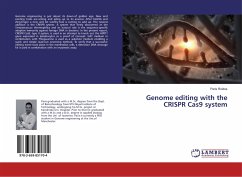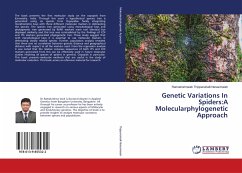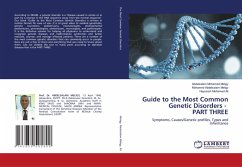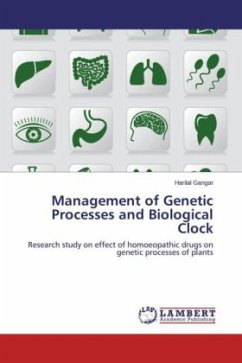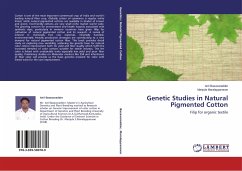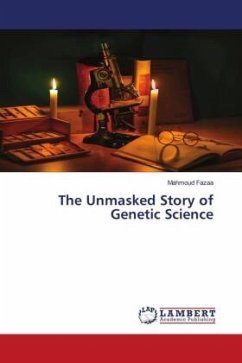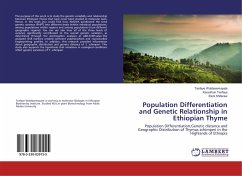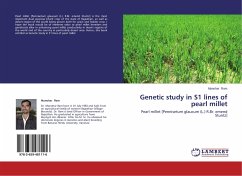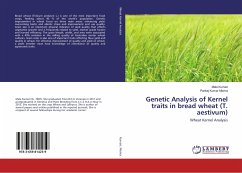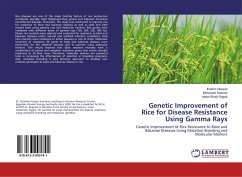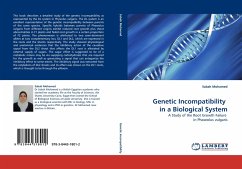
Genetic Incompatibility in a Biological System
A Study of the Root Growth Failure in Phaseolus vulgaris
Versandkostenfrei!
Versandfertig in 6-10 Tagen
52,99 €
inkl. MwSt.

PAYBACK Punkte
26 °P sammeln!
This book describes a detailed study of the genetic incompatibility as represented by the DL system in Physiolus vulgaris. The DL system is an excellent representative of the genetic incompatibility between parents of the same species. Specific hybrids between parents of Phaseolus vulgaris from different origins exhibit reduced root growth plus shoot abnormalities in F1 plants and failed root growth in a certain proportion of F2 plants. The phenomenon is attributed to two semi-dominant alleles at two complementary loci, DL1 and DL2, which are expressed in the roots and the shoots respectively....
This book describes a detailed study of the genetic incompatibility as represented by the DL system in Physiolus vulgaris. The DL system is an excellent representative of the genetic incompatibility between parents of the same species. Specific hybrids between parents of Phaseolus vulgaris from different origins exhibit reduced root growth plus shoot abnormalities in F1 plants and failed root growth in a certain proportion of F2 plants. The phenomenon is attributed to two semi-dominant alleles at two complementary loci, DL1 and DL2, which are expressed in the roots and the shoots respectively. The study showed physiological and anatomical evidences that the inhibitory action of the causative signal from the DL2 shoot that affects the DL1 root is alleviated by external supply of sugars. The sugar effect is suggested to be of a metabolic nature may be via supplying carbohydrates that are required for the growth as well as generating a signal that can antagonise the inhibitory effect to some extent. The inhibitory signal was extracted from the cotyledons of DL2 shoots and its effect was shown on the DL1 roots, which is thought to be through the phloem.



